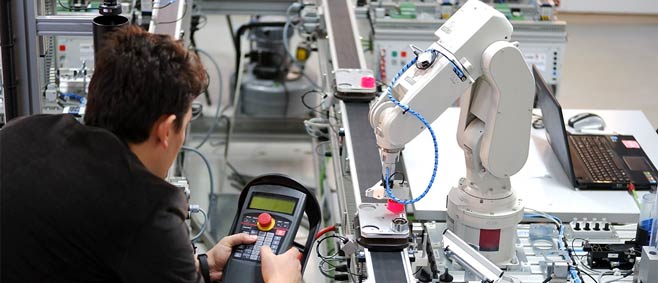Online education for future leaders in engineering.
Stand out in the job market by gaining in-demand skills, ranging from computational engineering and algorithmic thinking to cybersecurity and mechatronics. Earn a top-ranked degree, certificate or microcredential online — then go build a brighter future for yourself and our world.
100% online. 100% Oregon State.
- High-quality courses, purpose-built by OSU for online learners
- Rigorous training from a top engineering university
- The same skill-focused learning outcomes as on-campus courses
- Expert faculty with extensive industry experience and connections

B.S. in Computer Science (postbaccalaureate)

Contact us directly
Our knowledgeable staff of enrollment services specialists will answer your specific questions about OSU Ecampus online degree programs, courses, the application process and how to get started.
8 a.m.–4 p.m. PT, Monday–Friday
Request
information
To ensure that you receive emails from us, please add "ecampus@oregonstate.edu" and these domains to your safe senders list: “@oregonstate.edu,” “@discover.oregonstate.edu” and “@email.oregonstate.edu.”
† All mobile information you share will remain confidential and will never be given to external sources. Any costs associated with receiving a text message are the responsibility of the individual receiving the message. Opting in to this mobile text messaging service from Ecampus is free of charge, however, message and data rates may apply from your wireless carrier.
















